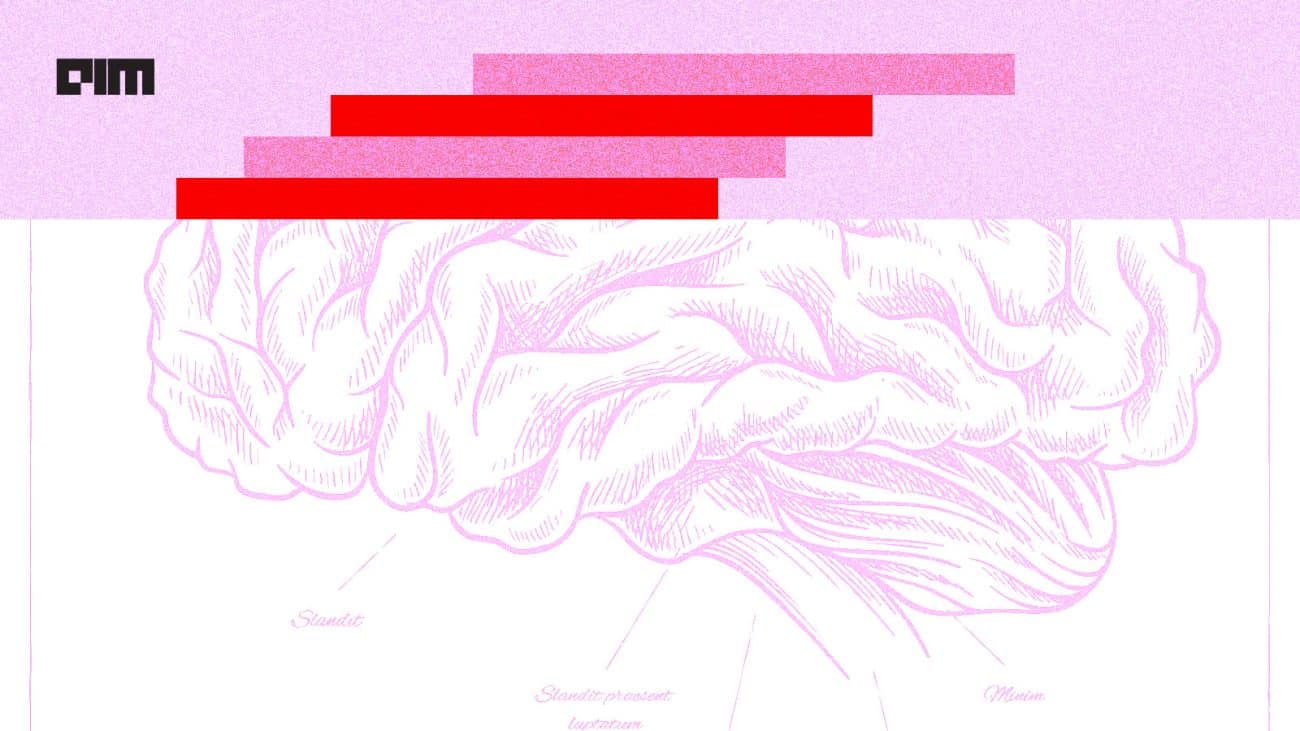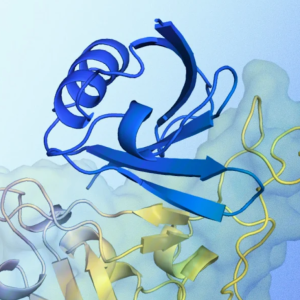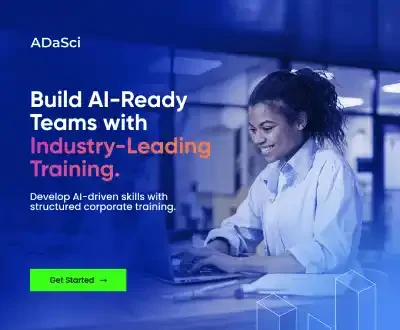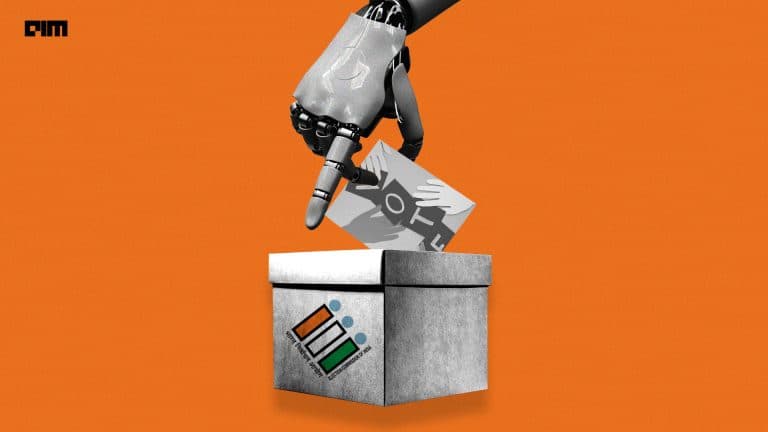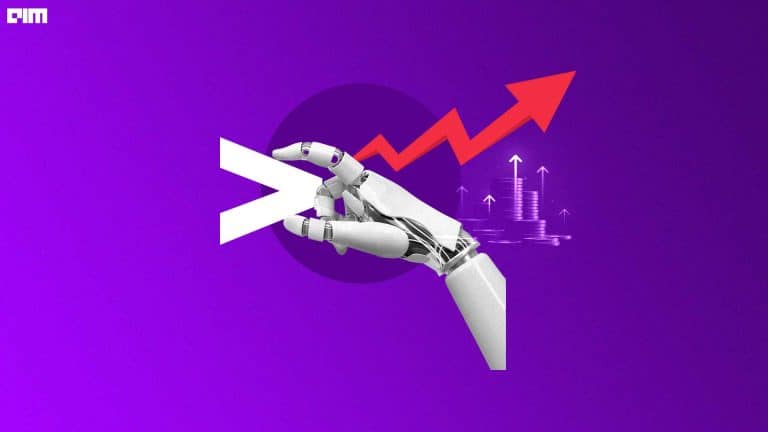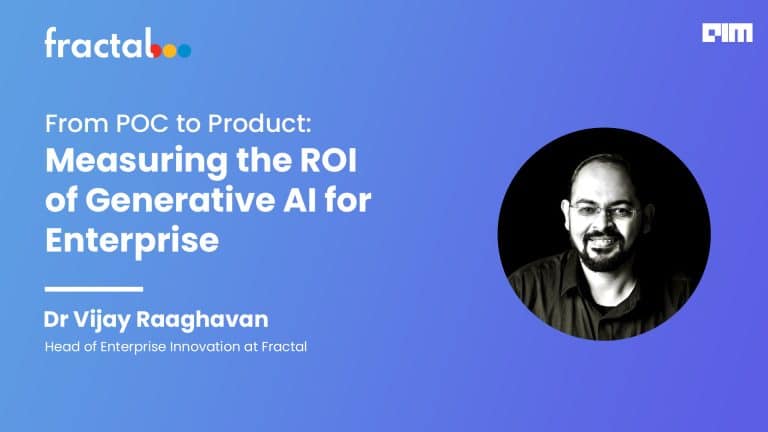Google DeepMind has been making significant strides in developing ‘thinking models’—a new class of AI models that can reason, plan, and solve complex problems more effectively than previous models.
In a podcast on YouTube channel Google for Developers, Jack Rae, a principal research scientist at Google DeepMind, spoke at length about how Google DeepMind’s thinking models are being built, giving us a glimpse of what’s to come.
“The key intuition of what a reasoning model is about is that it is going to try and compose knowledge to a specific scenario that may be novel or unseen,” he told Logan Kilpatrick, senior product manager at Google DeepMind.
How Is It Going So Far?
Google’s efforts have yielded rapid advancements in the capabilities of their thinking models, with significant improvements in their performance on tasks such as math, coding, and multimodal reasoning.
Google DeepMind recently conducted a study that showed how AI can think deeper using a ‘Mind Evolution’ technique. “What we’re seeing is truly a new paradigm,” said Rae. “We’re finding multiple avenues of being able to spend more compute on inference time, like, during the response.”
The company is already seeing the fruits of its labour. It has released two experimental versions of the Gemini Flash Thinking model, which are available for free on AI Studio. Addressing the product launches, Rae highlighted that the thinking models will see the usage of more tools from within Gemini in the near future.
“The model is going to be using more and more tools during thinking in order to really get to the core essence of the problem that it needs to solve,” Rae predicted. He also provided examples of integration of the model with Google Search and Maps. Rae thinks the models will become more agentic because of that, and that will be an important aspect even when it is thinking.
Rae also believes that the industry does not need any research breakthroughs to achieve the possibility of a model having “infinite context”. He emphasises that the right ingredients are available, we only need engineering to make it a reality.
Feedback in the Loop of its Development
Rae told Kilpatrick that he was excited about the model being launched in an experimental phase as the user feedback would help them learn more about the thinking model’s capabilities.
To give an example of how feedback is helping shape up the development, Rae recalled a time when he did not realise that 32k context support would be limited to people, until he reached out to the academics that were using the reasoning model as part of their research.
Similarly, he shared another instance where an internal code change was required when a user tried to switch from Gemini Flash to Flash Thinking models, and then he worked on fixing the same.
Speaking about the timeline for the development of the thinking models, he said that they started working on it in October 2024 and were ready to ship the model in two years for developer feedback. With the feedback received over the holiday period in December end, they released an update to the model in January 2025.
While Rae did not officially mention it, keen observers on the internet have speculated that new Gemini models based on non-experimental thinking models should be released on March 12.
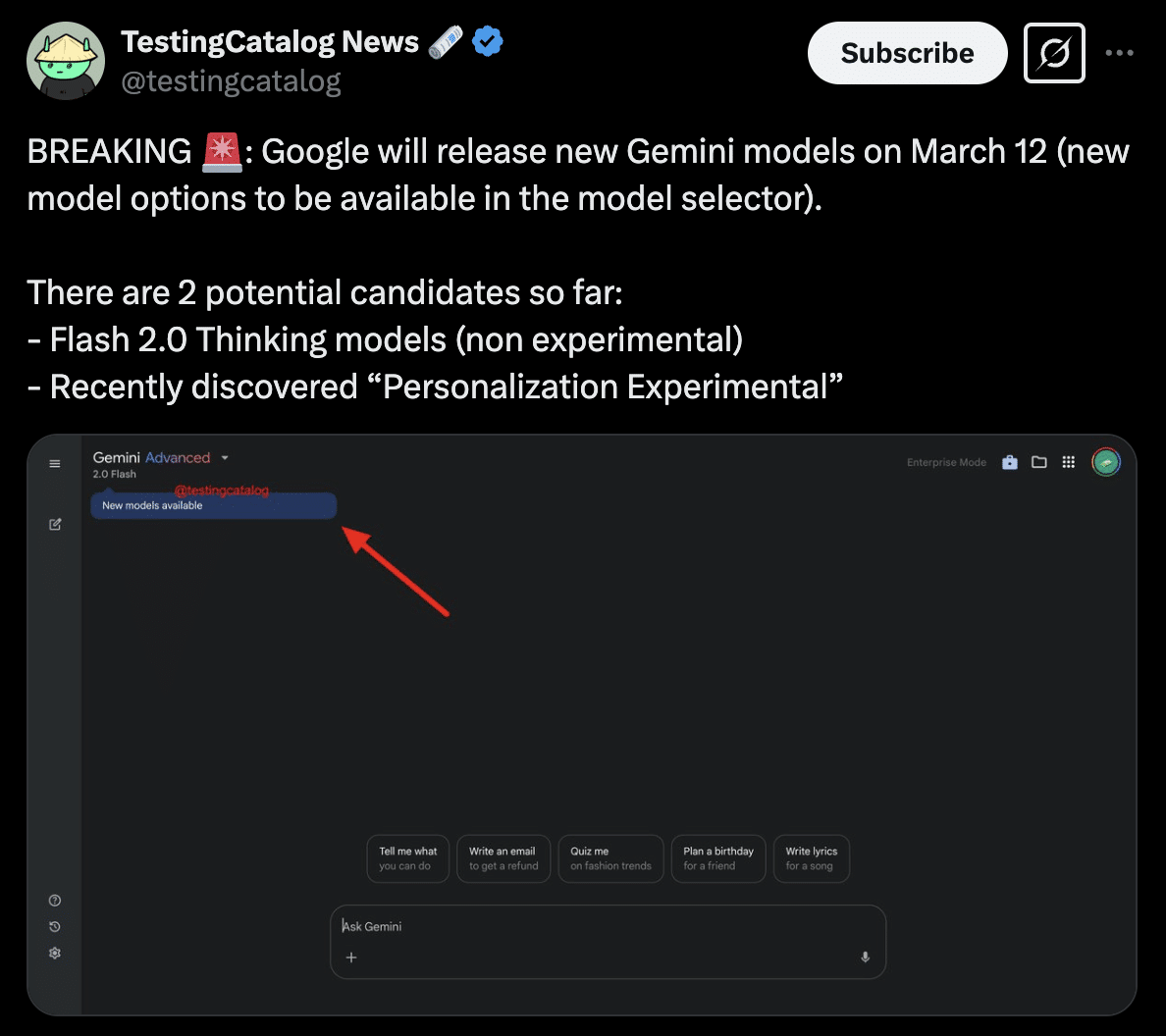
The Future of Google DeepMind’s Thinking Models
“We’re looking forward to a bunch of very exciting future releases,” Rae teased. The company is actively gathering feedback from developers and working towards a general availability (GA) release of the model.
“It’s become clear that people want to build on this model and have it as a stable foundation,” Rae acknowledged. “And GA is just essential for that. So that’s something on the roadmap for sure.”
Google DeepMind plans to continue improving its capabilities, exploring new product experiences, and enabling them to use tools like code execution and search during the thinking process.
Thinking models are also expected to play a crucial role in the development of AI agents, which can interact with the world and perform tasks autonomously. “There are two things that I think are very important for useful agentic capability that reasoning will give. One is reliability… the other is complex capability.”
As Google DeepMind continues to push the boundaries of AI, thinking models are likely to become the cornerstone of future AI systems, enabling them to solve increasingly complex problems and interact with the world in more meaningful ways.


